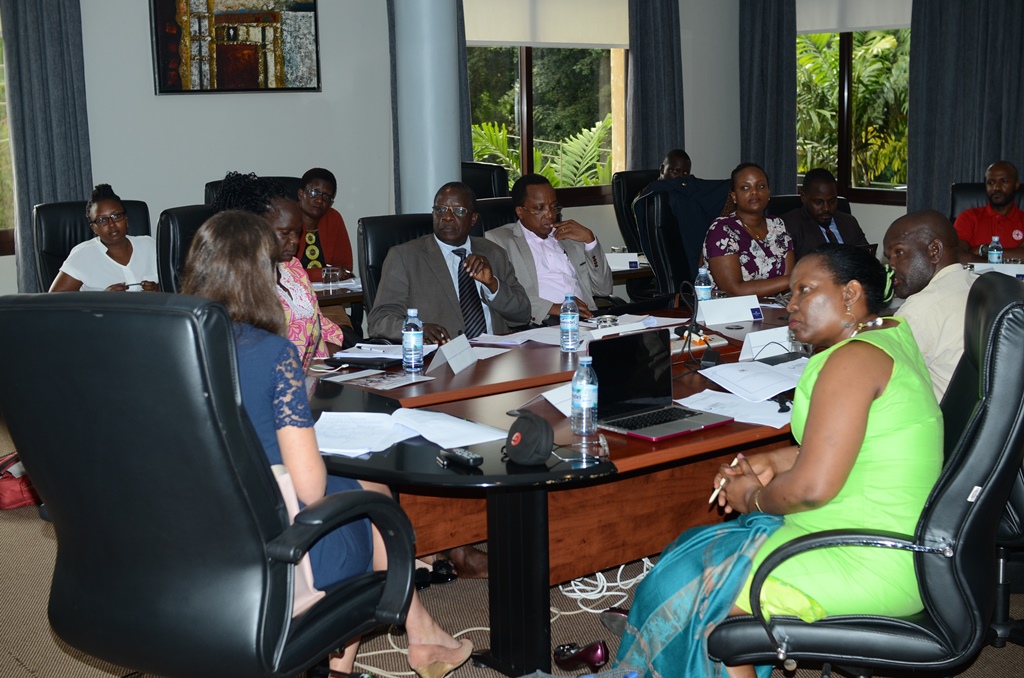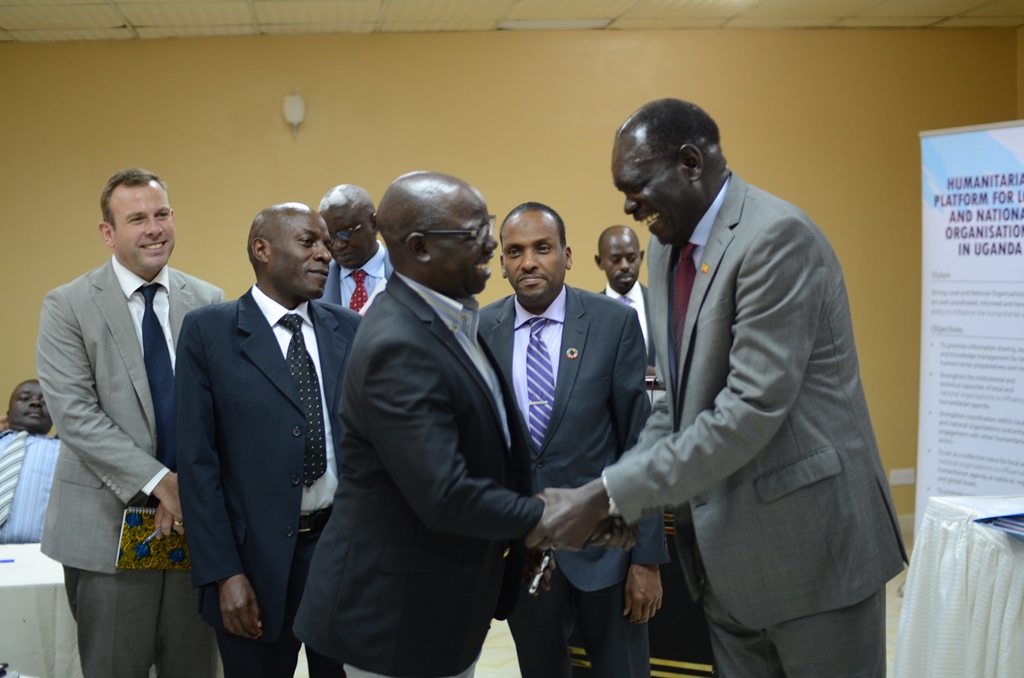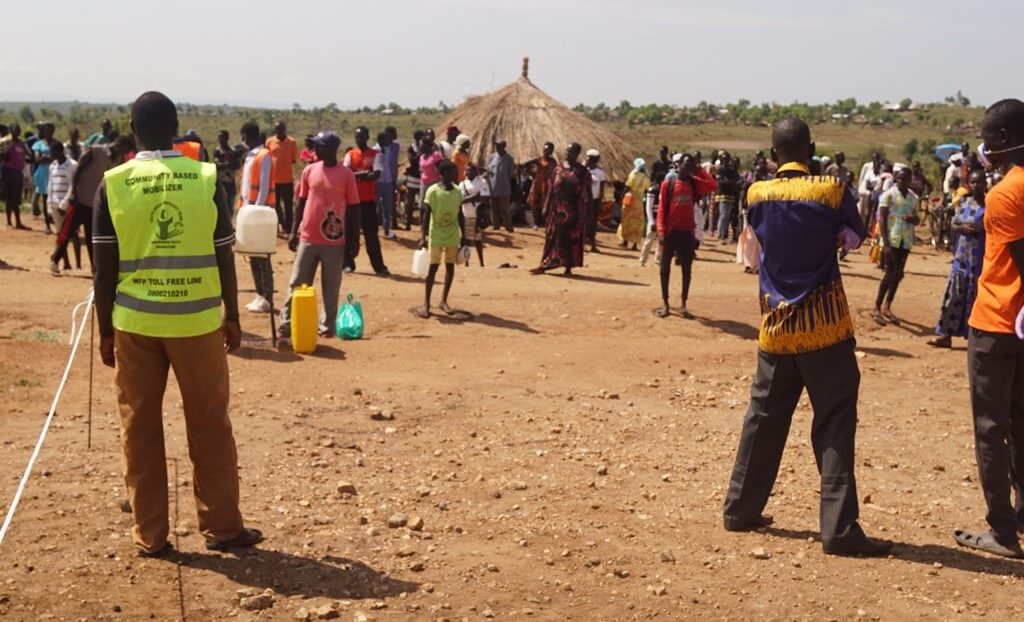Overview
Capacity building is a cornerstone of the Humanitarian Platform for Local and National Organisations in Uganda (HPLNOU). It aims to enhance the abilities of local and national organizations to manage and respond to humanitarian crises effectively. This focus area encompasses several key activities and strategies:

Training and Development Programs
- Workshops and Seminars: Conduct regular workshops and seminars to improve the skills and knowledge of staff and volunteers in various areas such as disaster response, project management, and community engagement.
- Technical Training: Providing specialized training in technical areas such as logistics, health services, water and sanitation, and emergency shelter management.
- Leadership and Management: Fostering leadership skills and effective management practices among local and national organization leaders to ensure better coordination and decision-making.

Resource Mobilization and Management
- Fundraising and Grant Writing: Enhancing the abilities of local organizations to secure funding through effective fundraising strategies and grant proposal writing.
- Financial Management: Training in financial management to ensure transparent, accountable, and efficient use of resources.

Collaboration and Networking
- Peer Learning: The Platform fosters an environment of peer learning where organizations can share experiences and learn from each other. This collaborative approach helps in building a collective capacity to address humanitarian challenges.
- Partnerships: By promoting partnerships between local and international organizations, HPLNOU ensures that local entities can leverage global expertise and resources. These partnerships are crucial for enhancing local capacities.

Community Engagement and Participation
- Inclusive Planning: Promoting the inclusion of community members in the planning and implementation of humanitarian programs to ensure that interventions are culturally appropriate and meet the actual needs of the communities.
- Feedback Mechanisms: Establishing robust feedback mechanisms to gather input from beneficiaries and incorporate their perspectives into program design and execution.

Monitoring and Evaluation
- Impact Assessment: Implementing robust monitoring and evaluation frameworks to assess the impact of humanitarian interventions and identify areas for improvement.
- Data Management: Training organizations in data collection, analysis, and management to inform evidence-based decision-making and reporting.
